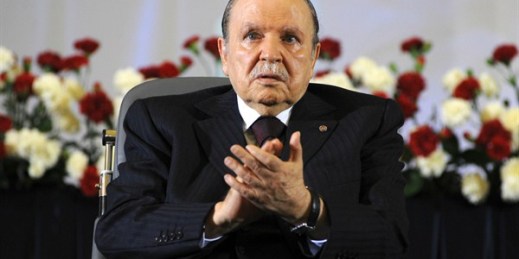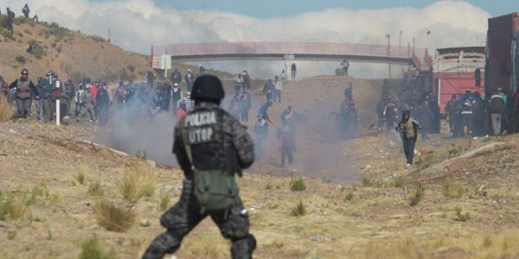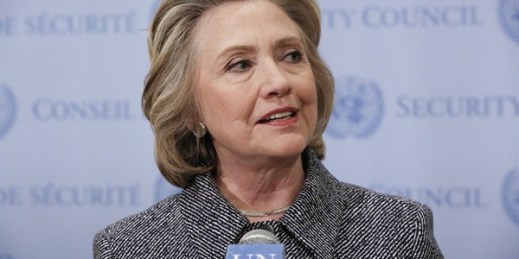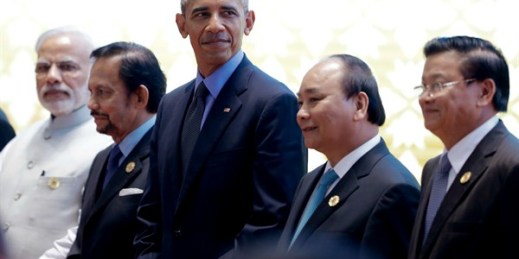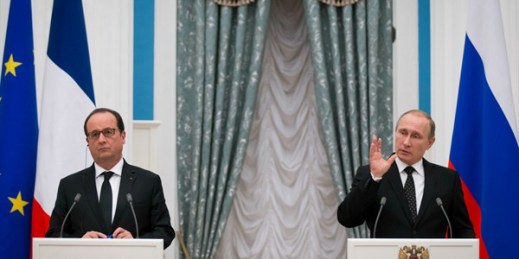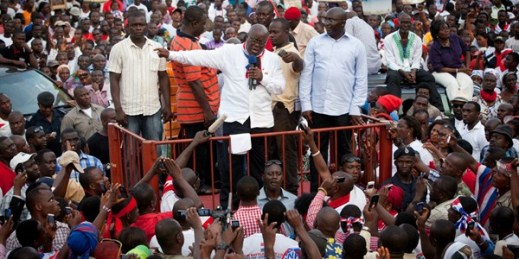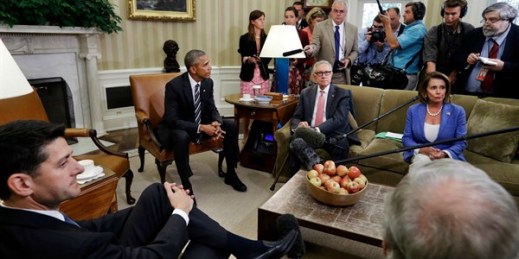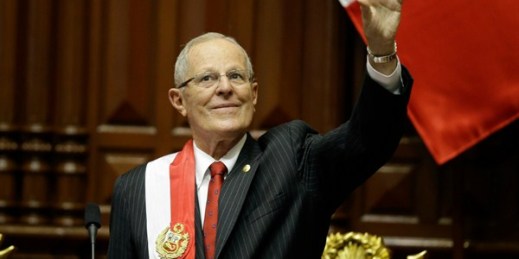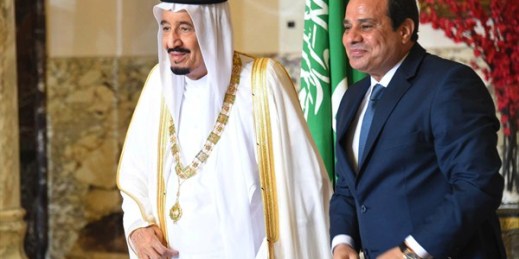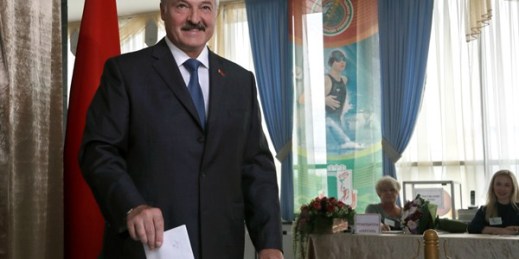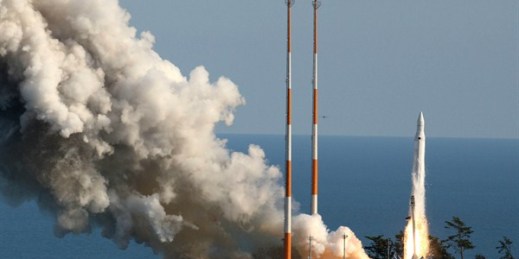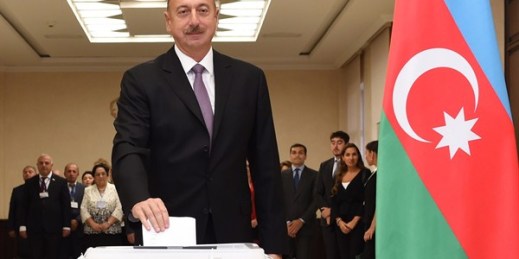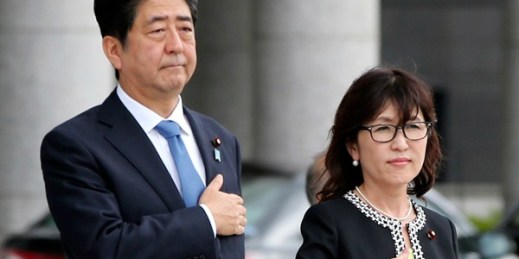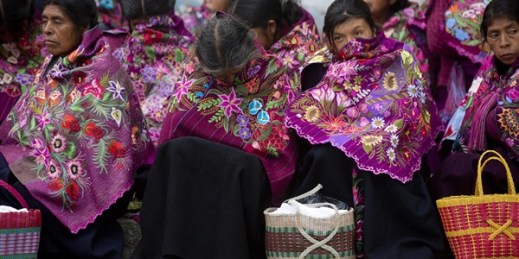
Editor’s note: This article is part of an ongoing WPR series on the legal status and socio-economic conditions of indigenous peoples in a range of countries. The Zapatista Army of National Liberation said that it will choose an indigenous woman to run as an independent candidate in Mexico’s 2018 presidential election, marking a return to political life for the guerrilla group. In an email interview, Michael Danielson, visiting faculty at the University of California Washington Program and a research fellow at the American University Center for Latin American and Latino Studies, discusses indigenous rights in Mexico. WPR: What is the […]


